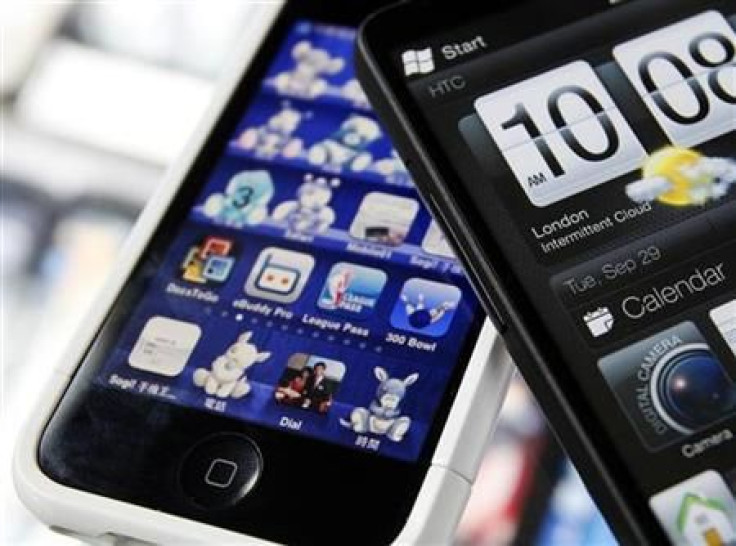Internet Addiction: Study Says Internet is Like Cigarettes

A study which challenged adults to go without the Internet for one day shows that 53 percent felt "upset" when they couldn't access the Internet for a period of time. A small UK behavioral research firm, Intersperience, conducted a study on how humans deal with the absence of the "I" word, and found that without the Internet, 40 percent of participants felt "lonely."
More than one thousand participants between the ages of 18 and 64 were counted in the study. They answered questions pertaining to their attitude and feelings towards the Internet, their use of it, smart phones, and digital devices.
According to the study, one participant said it was like "having a hand chopped off." Though that might seem like a drastic comparison, the study suggests withdrawal from the Internet is how smokers feel when they haven't had a cigarette in a considerable amount of time. One participant called it "my biggest nightmare."
According to the study, 23 percent of people felt comfortable with letting go of the Internet for 24 hours, as it made them feel "free."
For others, giving up Internet technology for even one day was like an addict trying to quit smoking or drinking.
"Online and digital technology is increasingly pervasive," said Paul Hudson, Chief Executive of Intersperience. "Our 'Digital Selves' research shows how just dominant a role it now assumes, influencing our friendships, the way we communicate, the fabric of our family life, our work lives, our purchasing habits and our dealings with organizations.
"We have gathered clear evidence that the UK has fully entered the Digital Age," he added. "The resulting step change in the way we engage with technology has occurred faster than many of us had anticipated. This has profound implications for society both from a personal and commercial perspective.
"We are about to embark on a new study looking exclusively at digital engagement in Under-18s which we expect to highlight even more radical developments in the behavior and attitudes of children and teenagers."
© Copyright IBTimes 2024. All rights reserved.











